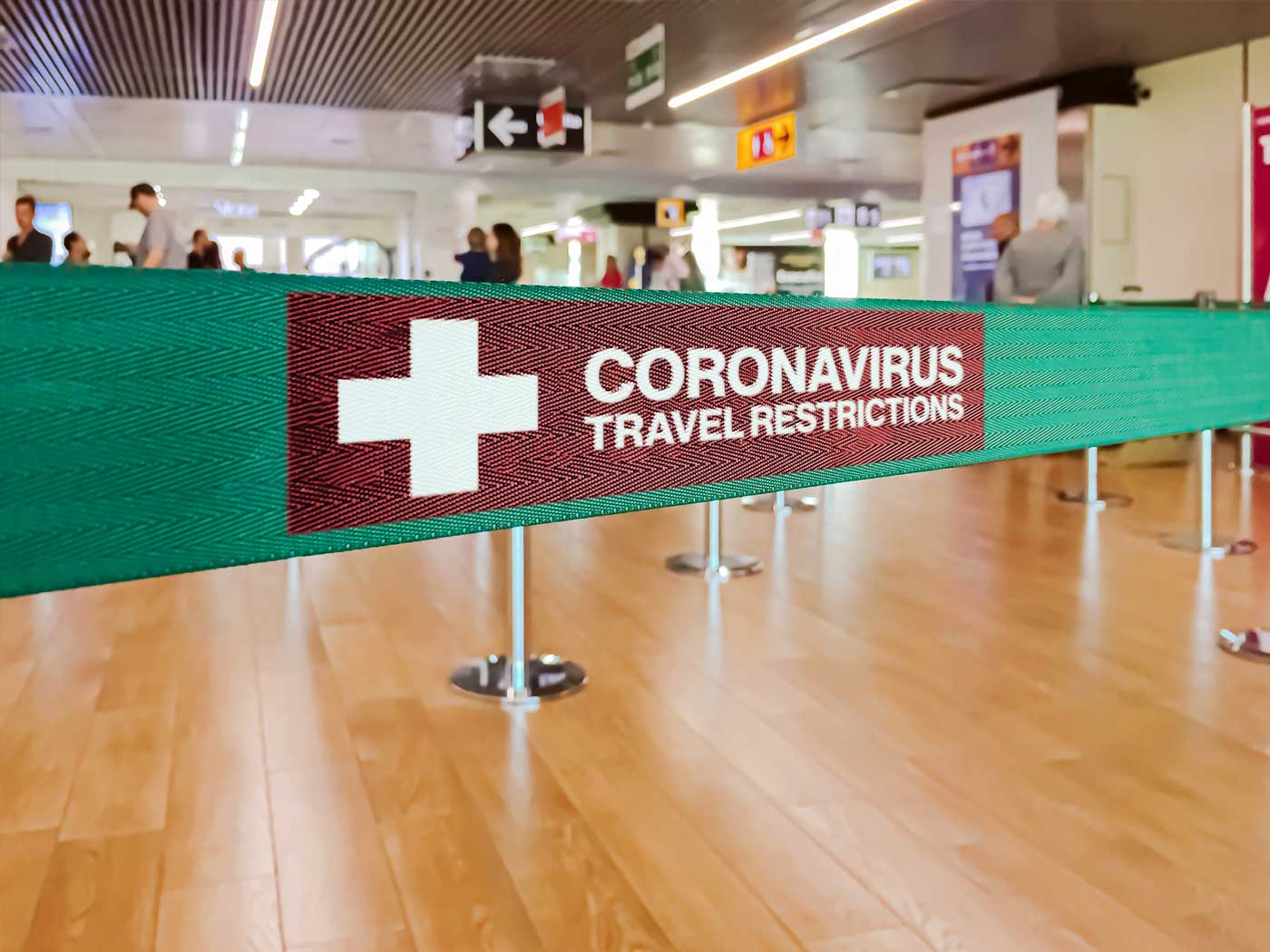
Can Scientists Now Directly Date Fossils?
A trio of geologists has published what they called the first successful direct dating of dinosaur bone. They used a new laser technique to measure radioisotopes in the bone, yielding an age of millions of years.
But this "age" was not only the result of a broken radioisotope system, it was contrived to agree with previously assigned dates for the samples.

'Simple' Amoebas Can Farm Bacteria
Not long ago, scientists discovered that what they thought was a spore-bearing fungal slime mold was actually a temporary congregation of forest-floor, single-cell amoebas. This presented evolutionists with a puzzle…was the organism in question a fungus or an amoeba? If the latter, how could a "simple" one-cell amoeba "learn" to behave like a fungus?

Bone-eating Worms Show Fossils Formed Fast
Marine biologists made a surprising discovery in 2002 when they found a unique species of worm that devours the bones of whale carcasses on the ocean floor. Ongoing research conducted off the coast of California has uncovered much more about these sea floor worm-based ecosystems, and the discoveries have provided more insight into the fossilization of vertebrate bones.

Life Thrives amid Chernobyl's Leftover Radiation
Twenty-five years ago, the nuclear reactor at Chernobyl in northern Ukraine melted down in a radiation-spewing catastrophe. The reactor was capped with tons of concrete and a wide surrounding area called the "exclusion zone" has until recently been deemed off-limits.

Has Salt-Trapped Bacteria Been Living on Algae for Millions of Years?
Scientists have believed that certain salt deposits are millions of years old. Live bacteria found within the deposits, however, are calling those age assignments into question. A new theory has been offered to explain how the bacteria could have remained alive for untold eons, but how well does it hold up?










